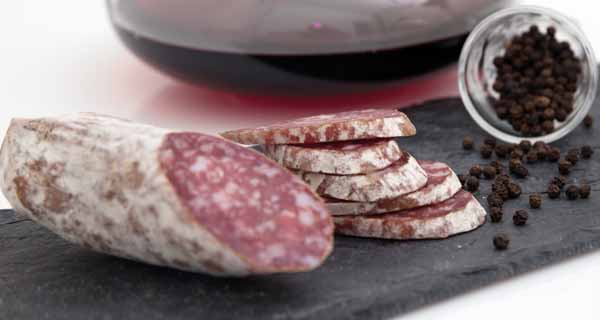
The protective restrictions imposed by various countries on the import of pork and cured pork products which have a short curing time, represent a lost opportunity for Italy and carry considerable economic damage. Assica, the Italian association of meat and salumi producers, has estimated that sales for the sector which have been lost due to the non-tariff barriers are equal to 250 million euros a year. “This is a figure which could be achieved in 2015 if trade were liberalised”, informs Assica, “according to the following estimate: 200-210 million euros worth of meat and offal and 40-50 million euros worth of cured pork products.” This figure has been calculated by taking into consideration the advances associated with new exportable products as well as the overall growth of exports due to the possibility of offering the complete range of Italian cured pork products. Conversely, it also takes into account the difficulties associated with the cultural barriers in Asia and the phenomena of counterfeit Italian food in America and Australia, which would presumably limit the growth of Italian export initially. “It is fundamental that we break down these barriers quickly”, stresses Assica, “because while Italian companies are taking all required actions, European competitors and local producers are strengthening their positions in the market, which will be harder to recoup in the future.”
Detailed below are those countries which apply restrictive measures to the import of products with a short curing time (for example coppa, pancetta and salami).
- Australia: only consents to the export of uncooked ham from Italy which has been cured for 400 days and produced from pigs born and raised in Italy and of other products which are sterilized by the cooking process, like zampone and cotechino. It also limits this allowance to a restricted number of authorised establishments.
- South Korea and Singapore: the markets here only allow uncooked, cured hams and cooked, cured meats which are produced with meat from Italian pigs; consent for export from Italy is also only granted to a restricted number of establishments which have been authorised by the respective bodies.
- Argentina: only considers the possibility of importing pork based products if they are cooked, and cured for at least 400 days, however it consents to the import of hams which have undergone a shorter curing time if the meat comes from a country recognised by the Argentinian authorities as not having suffered from the main animal diseases (which therefore excludes meat originating from Italy).
- United States: the agreement between Italy and the United States for the export of pork based products states that the export of products cured for less than 400 days may only be possible if the establishment of production does not deal with meat from countries outside of Italy which are affected by vesicular stomatitis and other swine diseases. From the 28 May 2013, salami, pancetta, culatello, coppa and the other Italian meat products with a short cure time (which come from some of the Central-Northern regions) can formally be exported to the United States. However, at the end of 2013 there still had not been any successful consignment due to further bureaucratic and veterinary problems. The inability to export products with a short cure time to a market like the United States leads to a loss of sales estimated at 2000 tons with financial damage valued at around 18 million Euros for the processing companies every year.
- China: only the import of uncooked hams which have been cured for a period of 313 days and processed in a select number of establishments recognised to be suitable by the Chinese authorities is allowed.
- Russia: due to four isolated cases of African swine disease identified in wild pigs where Lithuania and Poland border Belorussia, the Eurasian Customs Union authorities decided to block all import of live pigs as well as pork products from the EU as of January 2014. This resulted in intense negotiations conducted by the European Commission which then led to the decision of 6 February last year to re-open the market to pork based products which have undergone treatment known to be effective in deactivating the African swine fever. The negotiations to re-open the market for the import of fresh pork products, however, were more complex. Additionally, after the summer there was the total block on export determined by the war sanctions of the crisis in Ukraine. With respect to Italy, the Russian authorities’ decision leads to over 55 million Euros in lost export.
